Is Cedar a Hardwood? Pros, Cons, Types & FAQ
-

- Last updated:
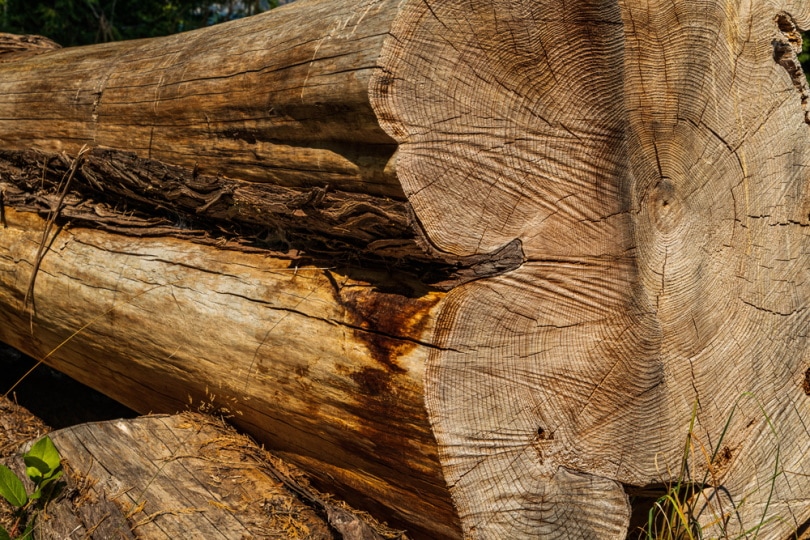
Cedar wood is commonly used in construction buildings, furniture, and building projects around the house. While cedar wood is durable and sturdy for crafting many different objects, it’s not classified as hardwood. Cedar is a type of softwood, but it’s stronger than other species belonging to the same group. Because using cedar for flooring is quite common, it is essential to know all the beneficial aspects of using cedar for this purpose.
Keep reading below for all the information you need about this particular wood type and its widespread use.

What is Cedar Wood?
Cedar wood is a very popular choice in various outdoor and indoor projects. The reason behind its common use is because of its incredible rot-resisting properties. Cedar wood is effortless to process and work with, and it is also widespread and easily obtainable in the United States. Although cedar is not a very hard wood, it is famous for its versatility, attractive appearance, and lightweight.
It has warm, red tones, with soft creamy streaks running down the surface. Because it is so attractive and pleasant looking, cedar is common in ceilings, walls, and wall panels.
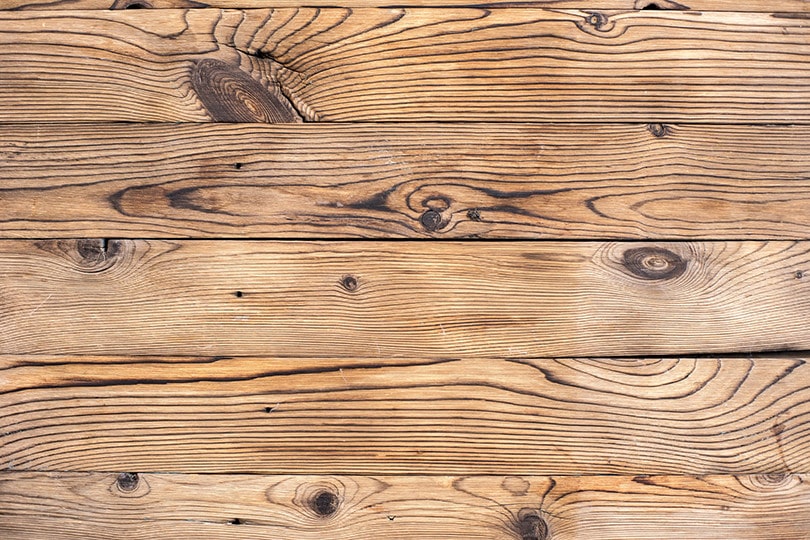
Is Cedar a Type of Hardwood?
The main difference between hardwood and softwood is which type of species the wood belongs to. Even though the name itself may suggest the hardness of a particular tree, that is not the case. Some hardwood may even be softer and with less density than certain types of softwood. Cedarwood belongs to the coniferous tree family, which means they stay evergreen all year round. Since softwood comes from coniferous trees, cedar wood falls under the category of softwood, and not hardwood.
How Strong is Cedar?
Even though cedar wood is a softwood, it is actually quite sturdy and durable. Cedar is very lightweight, but it is also very strong. It is not that likely that it will warp or crack under different conditions. It doesn’t absorb much heat, so furniture made of cedar will stay cool even during summer. Cedar has high compressive strength and is less likely to bend or warp. Since cedar is quite sturdy and stable, it is excellent for construction applications.
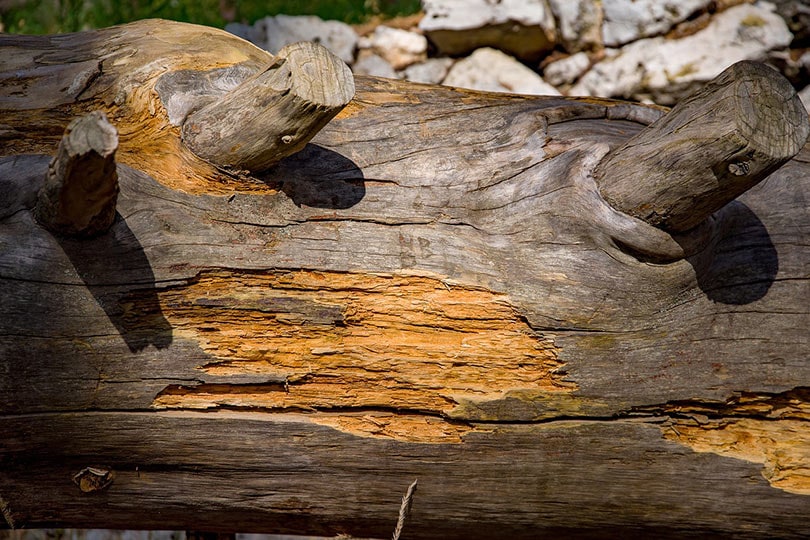
Types of Cedar Wood
There are many types of cedar wood, and some of the most common varieties include:
- Western Red Cedar: Western Red Cedar is native to western North America. It has a unique and recognizable red color and is very soft and easy to work with. Since it is excellent at resisting rot and decay, it is best for decks, posts, and other outdoor construction work.
- Eastern Red Cedar: Eastern Red Cedar, commonly known as just Red Cedar, is a species native to eastern North America. This type of wood has a unique and distinctive fragrance that helps it resist moths and other insects. Because of its moth-repelling properties, red cedar wood was mostly used for building closets and chests. It is pretty expensive to acquire because of its slow-growing nature.
- Spanish Cedar: Spanish Cedar is native to Central and South America. It has a specific light pink color that turns into darker shades of red as the tree grows older. Like most cedar species, it is rot-resistant, and since it is very soft, it is straightforward to work with.
- Eastern White Cedar: Eastern White Cedar, or Northern White, is native to Northeastern America. It is widespread in constructing boats, fences, cabins, and other outdoor buildings. It produces natural oils that help this wood resist insects and rot.
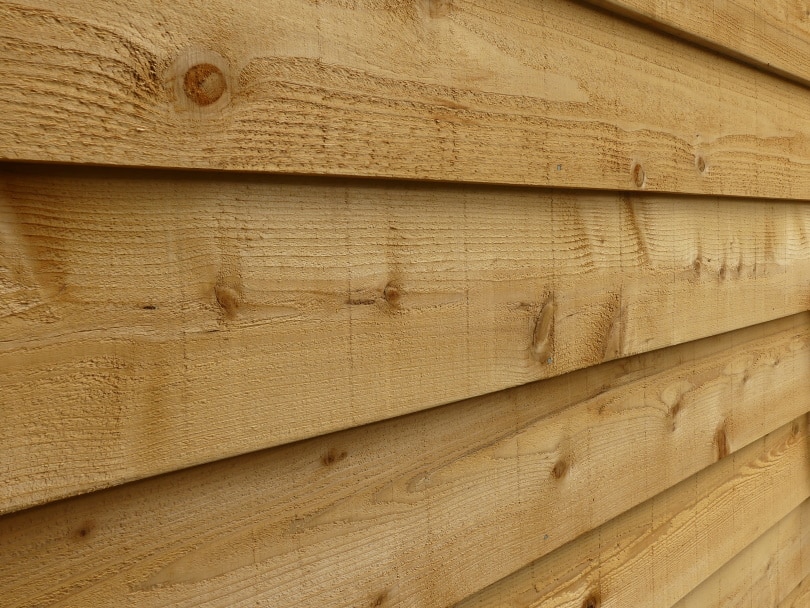
What is Cedar Wood Good For?
Cedar is best used for manufacturing furniture and indoor and outdoor structures. Since it is lightweight yet sturdy and durable, it is excellent for interior paneling and outdoor fences. Because it doesn’t warp or crack, it makes an ideal material for crafting musical instruments. Cedar wood is perfect for crafting many different items and furniture around the house, including:
- Storage chests and dressers
- Chairs and tables
- Cabinets and cupboards
- Beds and sofas
- Benches
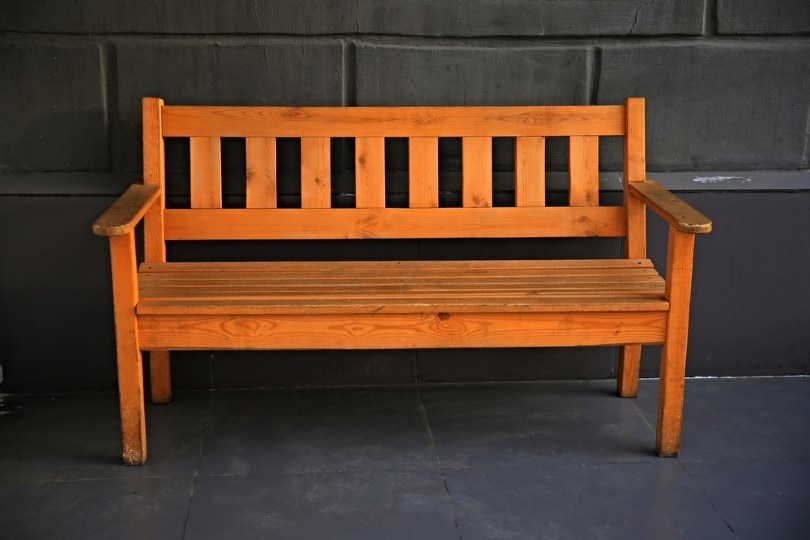
Is Cedar Wood Good for Flooring?
Even though cedar is a softwood, it is a great species to use for flooring. Cedar flooring is best in areas that do not endure a significant volume of traffic, such as bedrooms. With its slightly tinted red hues and the soft fragrance it emits, cedar wood will add a rustic charm to your home. Even though cedar is an excellent choice for flooring, you still have to be careful with it, as frequent traffic or moving furniture can cause permanent dents in your flooring.
Advantages of Using Cedar Wood as Flooring
There are many benefits to adding cedar flooring to your home. It is very easy to install, and it is much easier to repair than other hardwood floors. With its attractive color, it will liven up any room. Below are some of the most common beneficial properties of cedar:
- It is affordable
- It has a unique aroma
- It looks attractive and pleasant
- It is very easy to install and repair
- It resists rot and insects
- It is lightweight and easy to work with
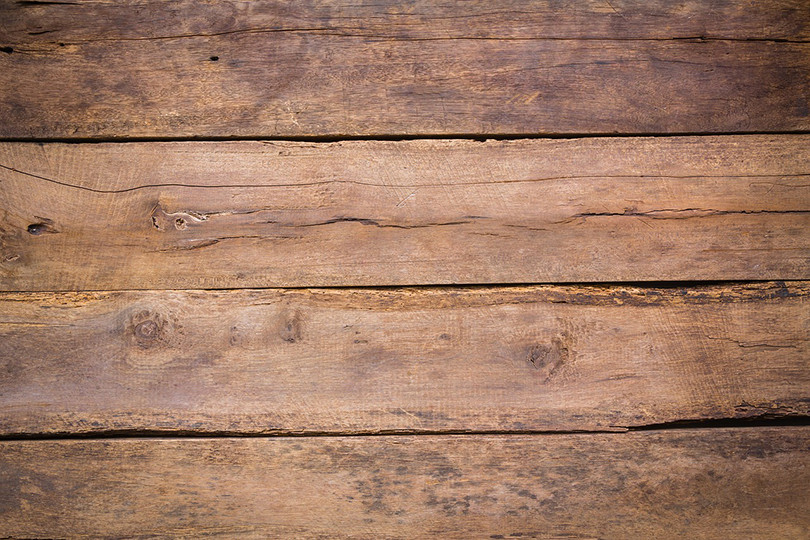
Disadvantages of Using Cedar Wood as Flooring
While the advantages of cedar wood are significant, there are some disadvantages that you may need to consider before making any final decisions.
- It is soft, fragile, and prone to dents
- It needs proper maintenance
- It has natural oils, so it is flammable
- The color may fade outdoors

Final Thoughts
Cedar wood is excellent for flooring, although if you decide on using this species of wood, you must maintain it properly and carefully. Since cedar is prone to visible signs of wear and tear, such as dents, it might be a frustrating experience to have a few scratches on your floor. Nevertheless, cedar has many significant benefits and advantages.
- Is Cedar a Hardwood or a Softwood: A Comprehensive Answer
- Is Cedar Flooring A Good Softwood Flooring Option? – The Flooring Lady
- Is Cedar A Strong Wood? With Pros and Cons – WoodWorkly
- Cedar Wood Properties | Cedar Uses, advantages, and disadvantages
- The Properties of Cedar Wood – Designing Buildings
- Top Cedar Flooring Pros and Cons
Featured Image Credit: Jon Spalding, Shutterstock
Contents
